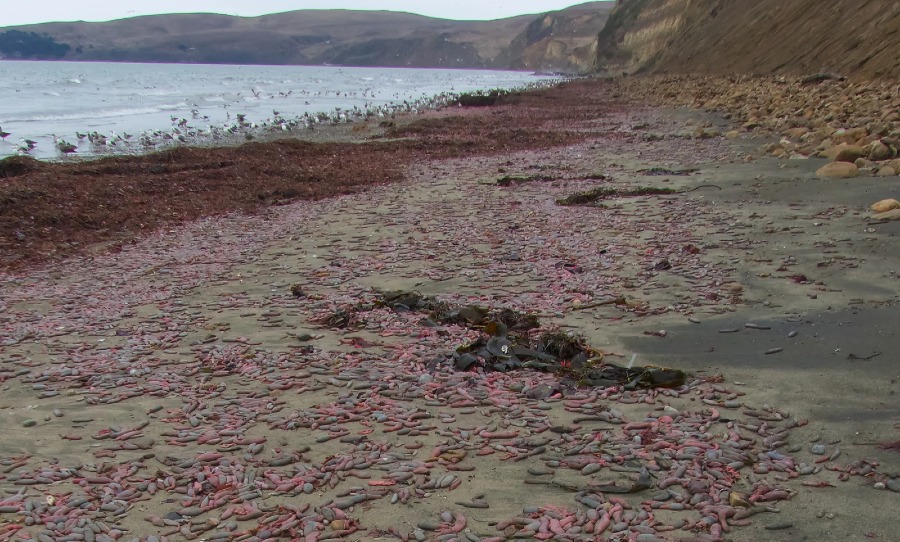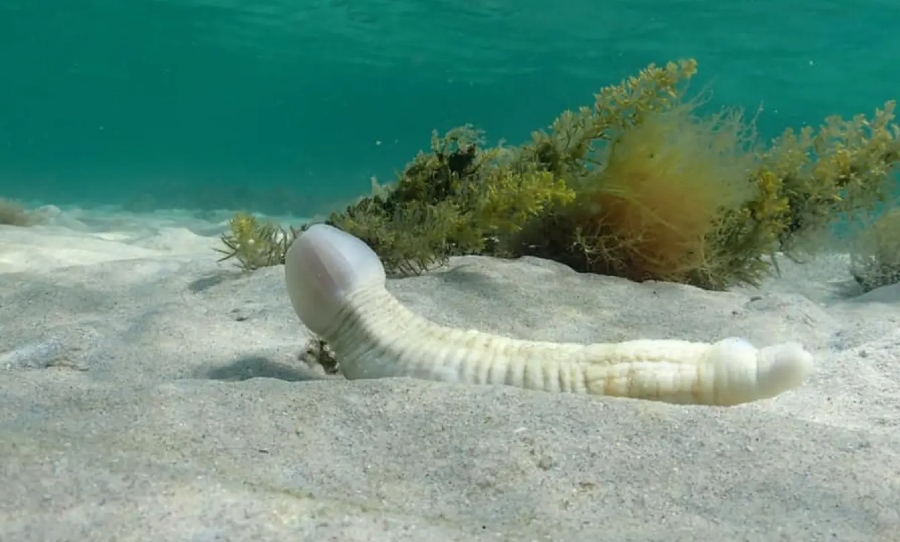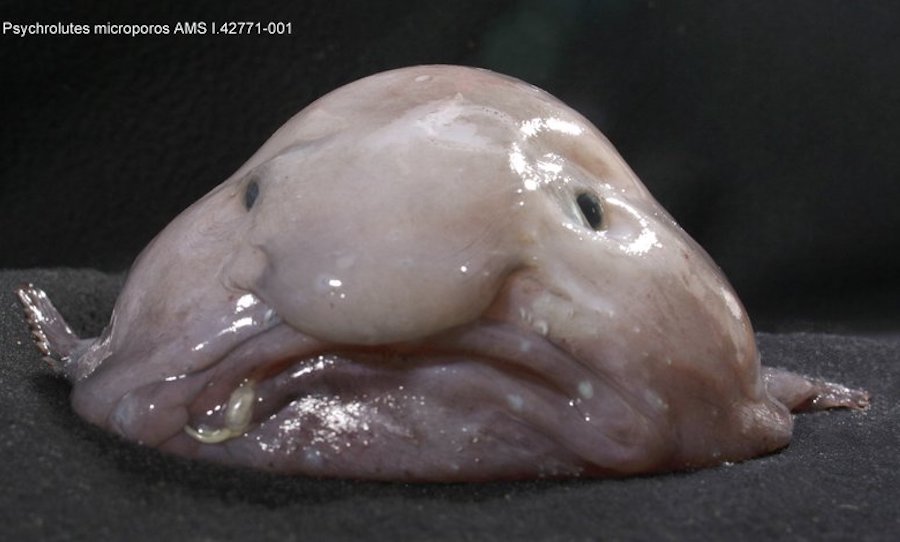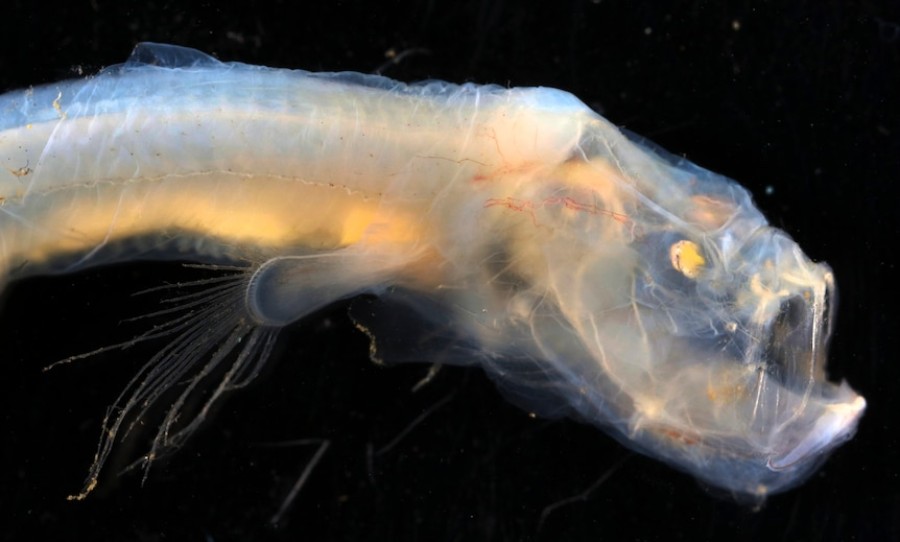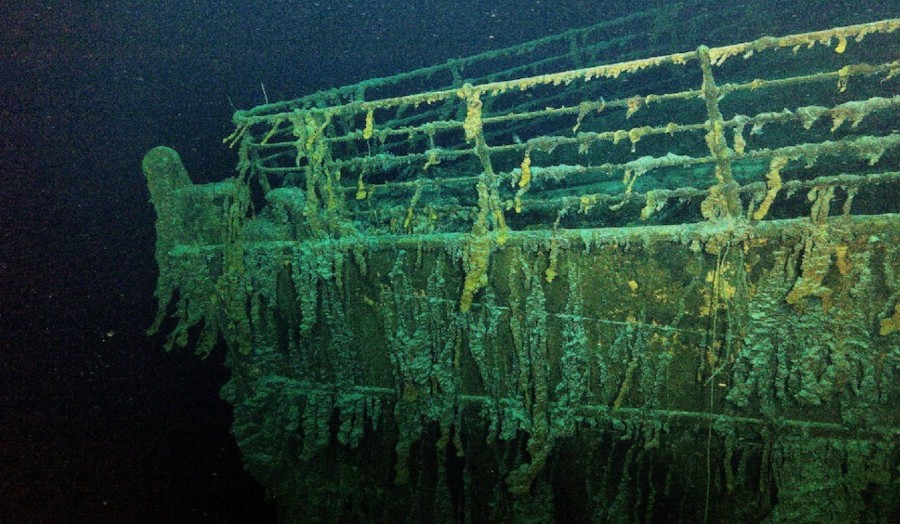Yeah, okay. An Australian biologist has enlightened the world to the “penis fish”: a phallic reminder that the ocean is a dark, wonderful place.
Scientifically known as Urechis Caupo, or the “fat innkeeper worm,” the penis fish is a species of spoonworm that lives buried below the soft sediment of the seabed.
While also looking near identical to a penis (including balls), these bottom-feeding critters are known as ‘innkeepers’, as other fish will also move into their cosy burrows.
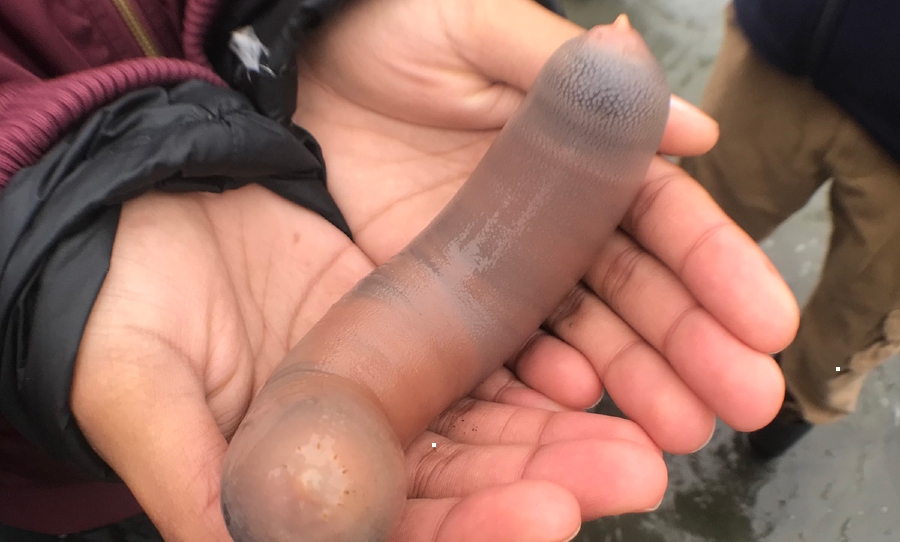
Captured off the Australian coast and shared by Aussie biologist, Josie Jones, to the Marine Research Group of the Field Naturalists Club of Victoria, the worm was found to have a lifespan of 25 years and the ability to grow up to 10 or even 12 inches (30 cm).
However, while it’s funny when one inevitably surfaces, these critters are made for life underground, living off a diet of plankton, bacteria, and other small particles that fall into their mucus traps.
Urgh. Don’t you just hate unsolicited unsegmented marine worm pix? https://t.co/uoQK1kOOAa
— Whores of Yore (@WhoresofYore) February 27, 2021
What are these traps, you ask? Well, these penis worms create u-shaped burrows and secrete a sticky mucus net that attaches from the entrance to its mouth – sucking up its food in the process.
“Using contractions (peristalsis) to pump water through its burrow, the worm sucks plankton, bacteria, and other bits into this net,” Californian biologist Ivan Parr explained in an Ask the Naturalist piece.
“When, like any vacuum, the net gets clogged, the worm slurps it all back into its mouth, taking in the particles it wants to eat and discarding the rest into the tunnel.” While the penis fish is doing the rounds on social media again, this isn’t the first time they’ve made headlines.
i want a penis fish as a pet
— evie ツ | sapnap & philza day!! (@classiically) March 1, 2021
Thousands of innkeeper worm washed up on Drake’s Beach, California, in 2019 after a particularly nasty storm – to the horror and amusement of onlookers who frequented the beach.
“We’re seeing the risk of building your home out of sand,” Parr said. “Strong storms – especially during El Niño years – are perfectly capable of laying siege to the intertidal zone, breaking apart the sediments, and leaving their contents stranded on the shore.”
